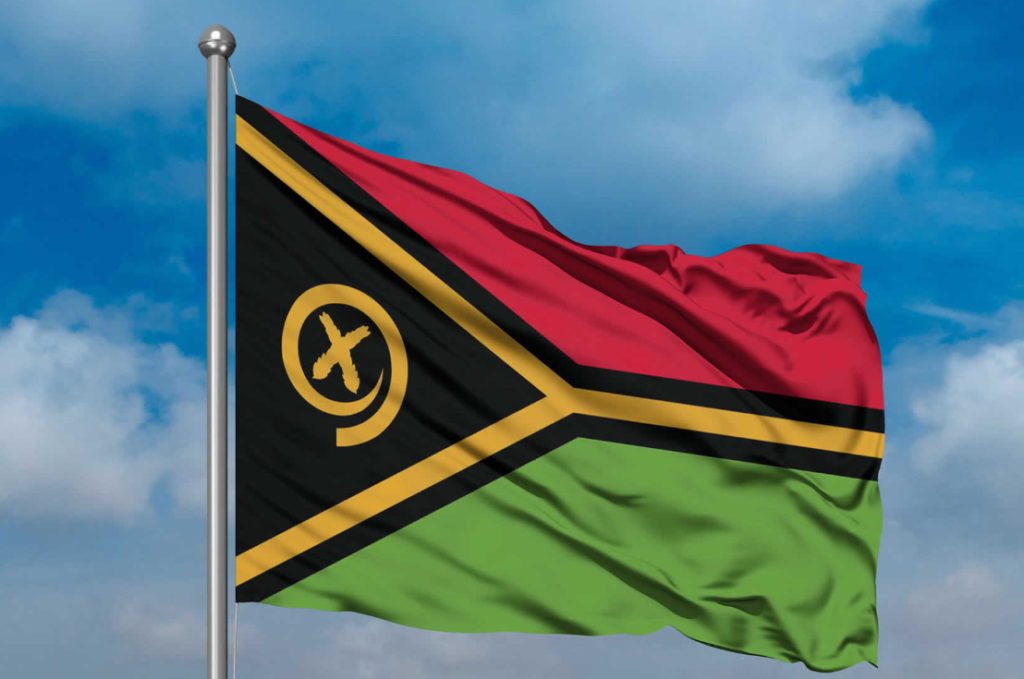The Pacific Island nation of Vanuatu anticipates the implementation of its long-awaited crypto, digital asset, and service provider bill in September after a long delay.

Branan Karae, the Commissioner of the Vanuatu Financial Services Commission (VFSC), stated in his opening remarks at a digital assets symposium organized by the country’s financial regulator on June 27 that the measure is anticipated to be enacted during the first week of Parliament.
Cointelegraph was informed by VFSC policy consultant Loretta Joseph, a speaker at the conference, that the measure had been prepared for several years but had been consistently postponed due to numerous cabinet changes.

Initially introduced in 2020, the measure will establish licensing and registration requirements for virtual asset service providers (VASPs) in the country, enabling them to operate legally within the island nation for the first time.
Joseph stated that the measure will assist Vanuatu in adhering to the standards established by the Financial Action Task Force (FATF), an intergovernmental organization. The FATF mandates that countries evaluate and mitigate the risks associated with crypto service providers and activities.
“The Financial Action Task Force (FATF) is urging countries to establish legislation regarding virtual assets.” “No nation on Earth can disregard this,” Joseph stated.
Vanuatu’s 5 crypto licenses
By the proposed legislation, five license classifications will encompass service providers that, among other functions, offer crypto custody and facilitate the exchange of virtual assets and fiat currencies.
The VFSC will enforce compliance with Anti-Money Laundering and Counter-Terrorism Financing laws by monitoring the operations of all VASPs.
The regulator’s Commissioner will have the authority to veto licenses and designate an investigator to guarantee that licensed VASPs operate according to the Act.
Additionally, a “Fintech Sandbox Utility” will be implemented, empowering organizations interested in obtaining a license to operate without one for twelve months.
In addition to the potential penalties of imprisonment for 15 years or a fine of 25 million Vanuatu vatus ($207,700), the Act mandates that any individual engaging in VASP activities obtain a license. Corporations may be subject to a fine of $2.1 million.
Joseph observed that numerous smaller nations, such as Vanuatu, need methods to “bring economic prosperity” and that the measure could solidify the country’s status as an international financial hub.
“They’re islands, they can’t build cars, can’t build a car manufacturing unit.”
“These jurisdictions, which turn into offshore financial centers, are crucial for the movement of money and economic traffic,” she stated.
According to the World Bank, Vanuatu, situated in the South Pacific Ocean and comprising 13 principal islands, had a gross domestic product of $1.1 billion in 2022.
Its economy predominantly relies on agriculture, with 80% of the population involved in agricultural pursuits. According to the U.S. State Department, it is also considered a tax haven and an international financial center.
Approximately 2,300 registered institutions in the country provide offshore banking, legal, accountancy, insurance, and trust services, among other services.
